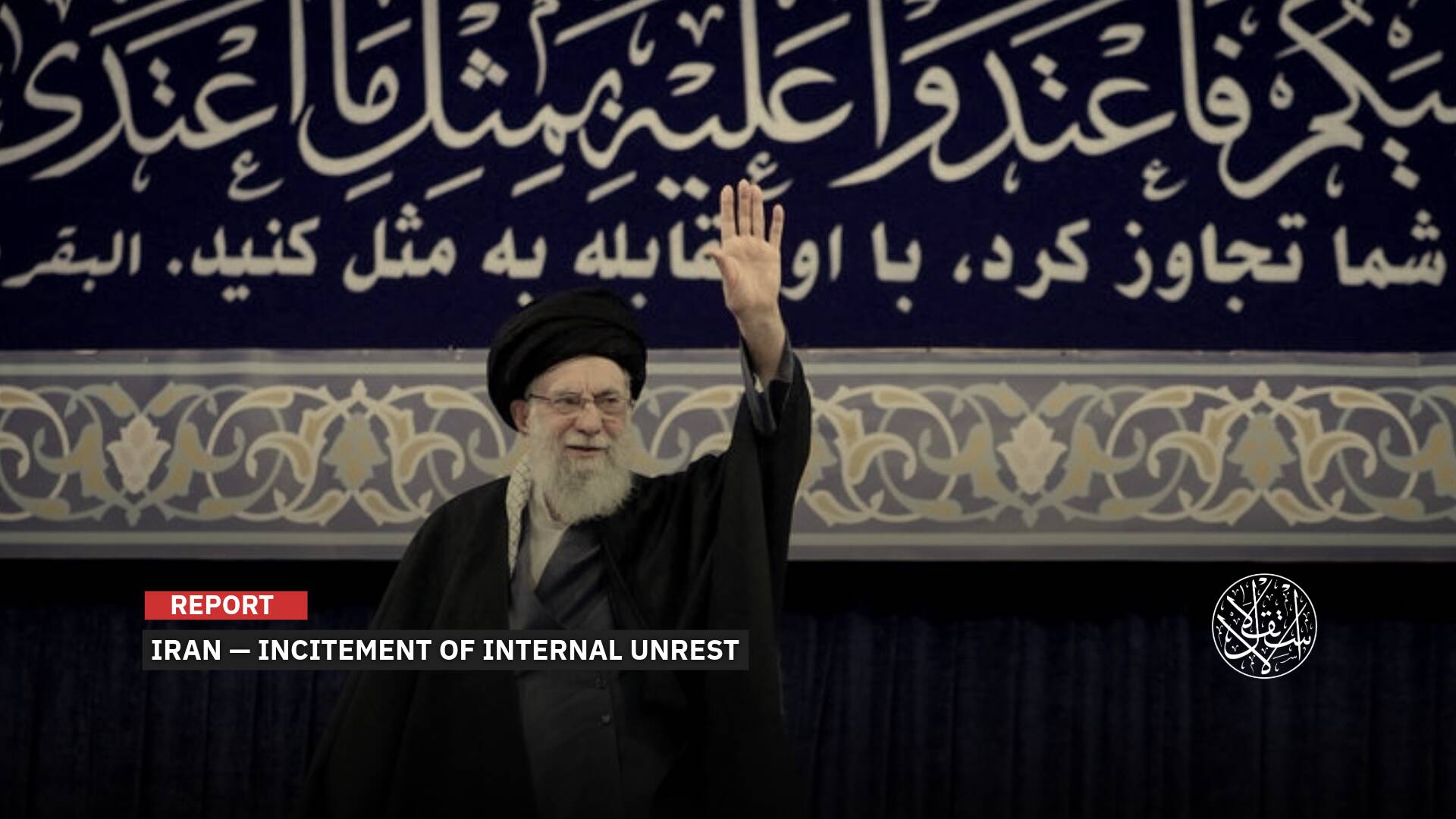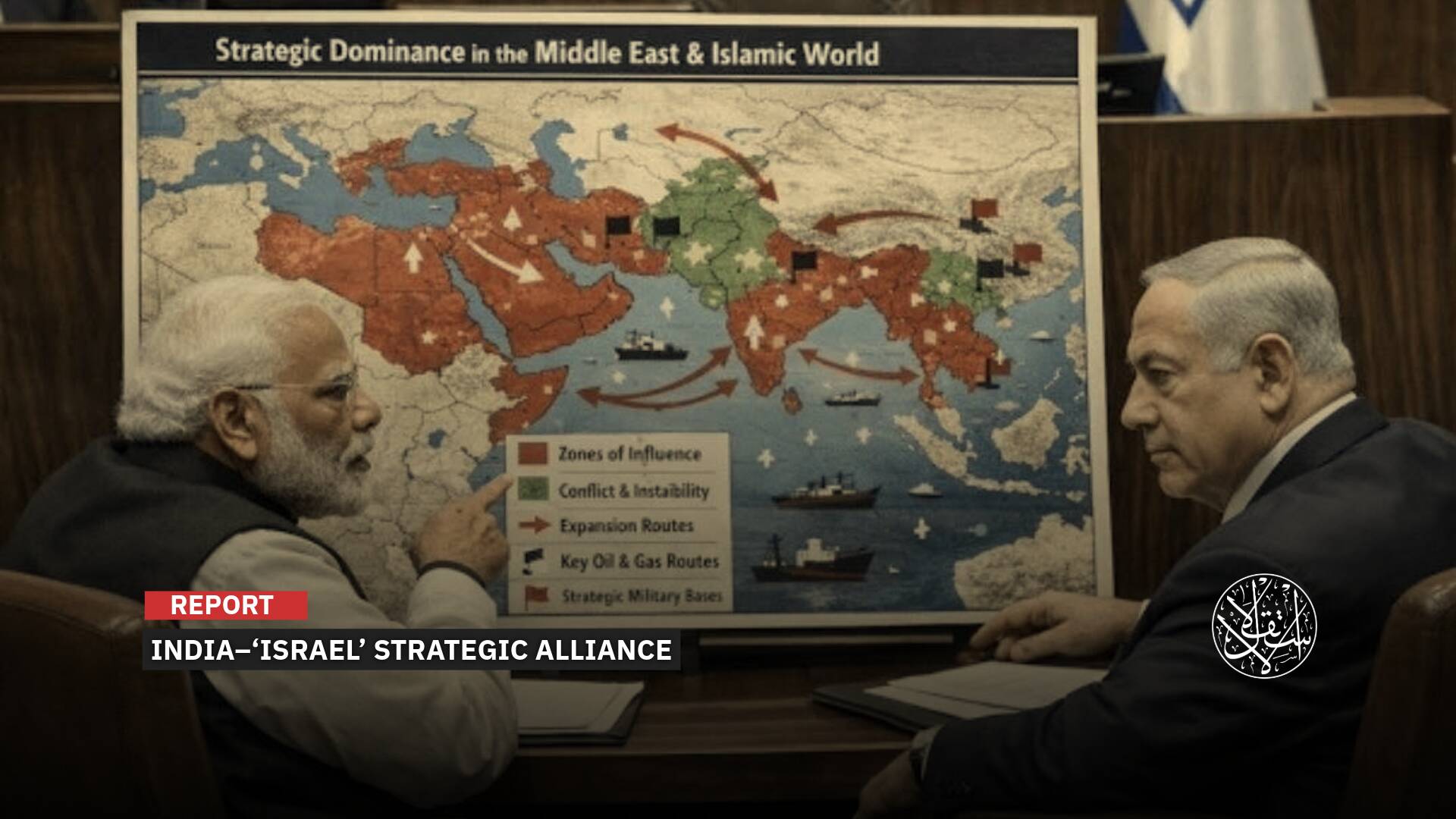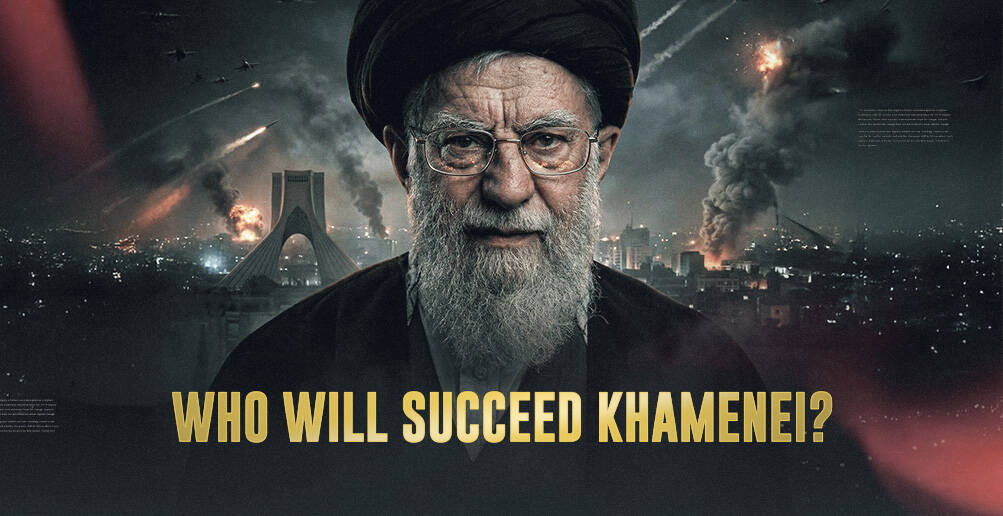‘Israel’ Threatens as Iraq Seeks U.S. Help: Could Baghdad Face Strikes?

Sudani urged the U.S. to protect Iraq in accordance with a bilateral agreement between the two nations.
Iraq has ramped up diplomatic efforts to counter Israeli Occupation’s threats of military strikes in response to attacks by Iranian-backed Shia factions on Israeli targets. These actions raise pressing questions about Baghdad’s ability to avert a wider conflict.
In solidarity with Gaza amid the ongoing Israeli genocide since October 7, 2023, Iraqi factions, alongside Yemen's Houthis and Lebanon’s Hezbollah, have launched various attacks against the Israeli Occupation, including strikes on vessels linked to “Israel” in the Red Sea and the Arabian Sea.
Israeli Threats
Israeli Foreign Minister Gideon Sa’ar accused the Iraqi government of being responsible for activities on its territory and defended “Israel's right” to respond under the UN Charter. He urged the UN Security Council to ensure Iraq fulfills its international obligations to stop these attacks. Sa’ar’s call, made last week, followed claims of intensified militia activity in Iraq targeting Israel.
Israeli Occupation’s strategy for handling potential escalation from Iraq reportedly includes targeting infrastructure and conducting assassinations of key figures within armed factions. Israeli intelligence sources suggested that Iran might escalate its use of Iraqi proxies in retaliation for Israeli war crimes in Gaza and Lebanon, and there are concerns about Iran smuggling short-range ballistic missiles into Iraq.
Israeli media highlighted past incidents involving Iraq, including drone attacks from Iraqi territory on Israeli bases in the occupied Golan Heights in October 2023, which resulted in casualties. Prime Minister Benjamin Netanyahu declared at the time that “Israel” was defending itself on multiple fronts, including against Iraqi-based militias.
Israeli officials and commentators have warned against underestimating the threat from Iraq. For example, the Jerusalem Post called for urgent measures to secure Israeli interests as Iraqi factions expanded attacks targeting Israeli ports and military installations.
With tensions high, Baghdad faces significant pressure to balance its domestic security and sovereignty with mounting Israeli threats of “retaliation.”

Iraqi Measures
Iraqi Prime Minister Mohammed Shia al-Sudani has warned of a potential Israeli attack on Iraq, calling it a “pre-planned aggression.” He instructed relevant authorities to remain on high alert to counter any threats and called on the United States to uphold its commitments under bilateral agreements to defend Iraq.
On November 20, al-Sudani convened an emergency meeting of the National Security Council, where he dismissed Israeli accusations as pretexts to justify aggression. The council's statement emphasized ongoing efforts to prevent Iraq's territory from being used for attacks, noting recent successes in seizing launch-ready weapons and pursuing those threatening Iraq’s security and sovereignty.
Al-Sudani directed Iraq’s foreign ministry to urge the Arab League to adopt a firm and unified stance against Israeli threats, advocating for practical measures rooted in shared destinies and collective defense. He also called for the United Nations Security Council to address Iraq's complaints over Israeli airspace violations.
In a message to Washington, al-Sudani underscored the need for immediate U.S. intervention to safeguard Iraq's sovereignty under the Strategic Framework Agreement, which was signed in 2008. This agreement outlines mutual defense cooperation to deter threats against Iraq's sovereignty and territorial integrity.
On November 24, 2024, the Arab League backed Iraq against Israeli threats, calling for de-escalation across the Middle East. Responding to Baghdad’s request, it tasked its secretary-general with conveying Iraq's stance to the UN, firmly rejecting Israeli Occupation’s allegations outlined by its foreign minister.

Iraq’s Limited Influence
On Iraq’s diplomatic efforts to avoid a confrontation with “Israel,” researcher Ali Almasare ruled out a full-scale war, suggesting instead that any conflict would likely involve limited Israeli strikes on specific targets within Iraq.
“Iraq’s diplomatic efforts are unlikely to prevent an Israeli attack, as the government itself lacks influence over local factions. How could it then deter a power like Israel, which disregards international resolutions?” Almasare told Al-Estiklal.
Israeli Prime Minister Benjamin Netanyahu is banking on the support of U.S. President-elect Donald Trump, who is expected to back any future regional war, particularly against Iran and its allies, according to the researcher.
“Israel has a history of disregarding international consensus when it seeks to expand its war objectives.”
Iraqi political analyst Yahya al-Kubaisi similarly criticized the government’s inability to control armed groups. In a November 23 interview with Alhurra, he noted that these factions “operate under political cover and are funded by public resources but do not adhere to the Iraqi state’s directives.”

The Iraqi analyst stressed that control over armed factions is not in Baghdad’s hands but rests with Iran. He dismissed official statements claiming efforts to contain these groups, calling them inaccurate.
“The armed factions act as military wings of political parties within the Coordination Framework, which forms part of the government. Everyone knows who is launching these drones and which entities are involved;”
Al-Kubaisi contends that Iraq’s government lacks both the political will and the capacity to assert control over armed groups, leaving these factions untouchable and shielded from any accountability.
On November 20, 2024, Iraqi government spokesperson Bassem al-Awadi highlighted Prime Minister Mohammed Shia' al-Sudani's urgent diplomatic and domestic moves to prevent Iraq from becoming a battlefield.
Al-Awadi said the government engaged the U.S. for support in line with the security dialogues under the Strategic Framework Agreement, section three. Efforts also extended to Iraq's allies in the international coalition to help curb the aggression of “Israel.”
Sources
- Behind Iraq's concern at Gideon Sa'ar's UNSC letter - analysis
- Iraq warns of Israeli aggression and prepares to confront it [Arabic]
- Arab League affirms support for Iraq, calls for measures to stop escalation in Middle East [Arabic]
- Al-Awadi: Iraq will demand the issuance of a resolution under Chapter VII to cease fire immediately [Arabic]
- "Strategic Dialogue" What is Washington's goal in redrawing the relationship with Baghdad? [Arabic]











